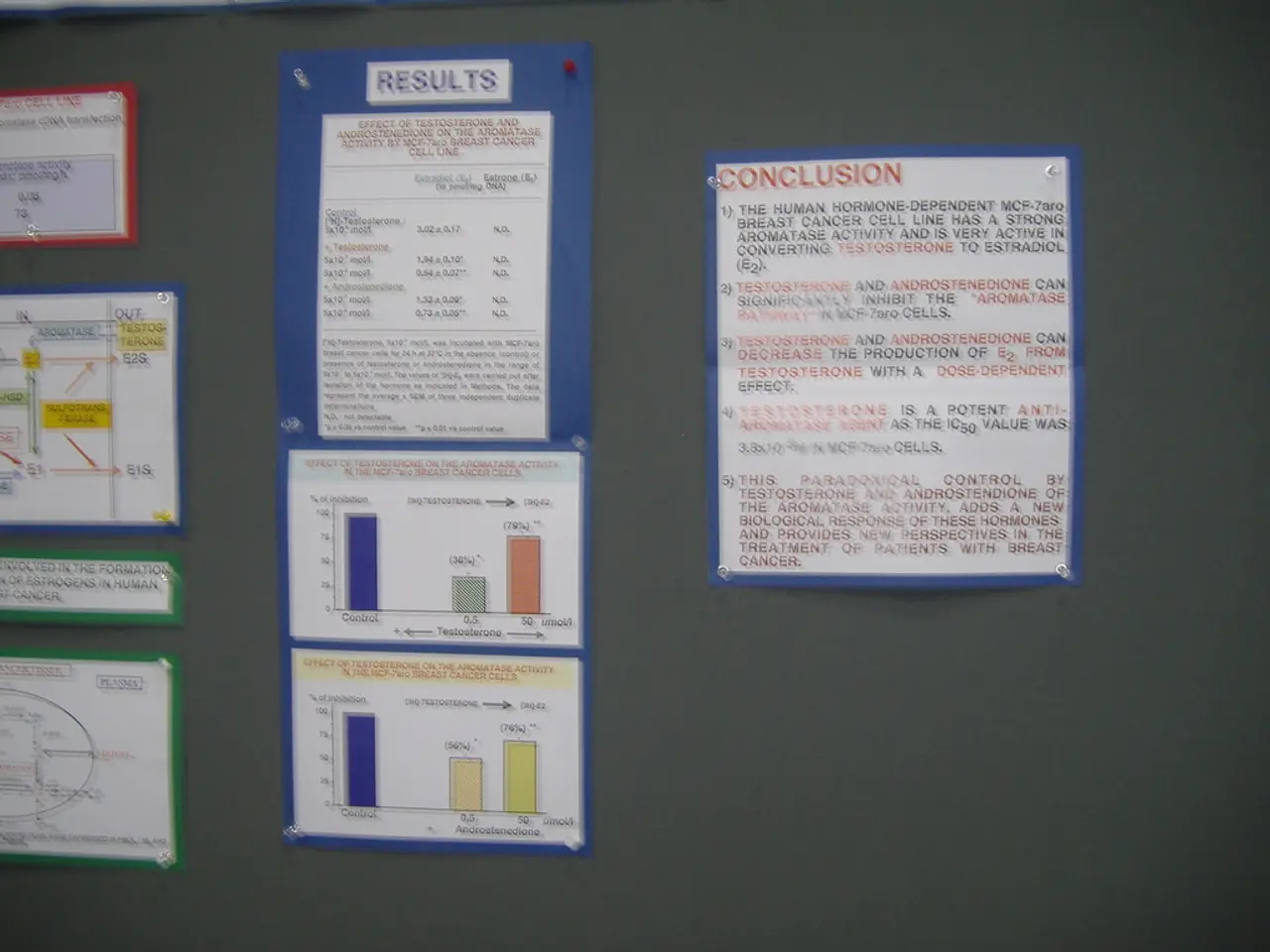Romanian deputy prime minister outlines main strategies in the reformation plan for state-owned enterprise management
Corporate Governance Reforms Transform Romania's State-Owned Enterprises
In a bid to increase transparency, improve management efficiency, and align with fiscal sustainability goals, Romania's Deputy Prime Minister Dragoș Anastasiu and Prime Minister Ilie Bolojan have proposed key reforms for the corporate governance of state-owned enterprises (SOEs).
Increased Transparency
The Agency for Monitoring the Performance of Public Enterprises (AMEPIP) will publish a comprehensive dataset, disclosing the identity of SOE managers, their remuneration, performance indicators, and financial data. This move aims to make SOE management more public and accountable, with an emphasis that managers should not feel ashamed of their earnings or company performance.
Streamlining Management Structures
The reforms propose reducing the size of SOE boards, capping board members’ earnings legislatively, and introducing new performance indicators to evaluate board members effectively. This is intended to make governance more efficient and performance-driven.
Legislative Amendments
A government memorandum will initiate changes to existing laws governing SOE corporate governance. These amendments incorporate objectives and milestones from Romania’s PNRR to ensure long-term fiscal consolidation and sustainable management of public companies.
Advisory Council and Best Practices
A group of experts, endorsed by the government and overseen by Anastasiu, has been formed to recommend best practices including transparency, board selection criteria, performance indicators, independent audits, and better utilization of unused assets. This group, however, holds only advisory powers without executive decision rights.
Other Key Changes
- The number of members on boards of directors will be reduced across the board.
- A cap has been announced on non-essential benefits, with accommodation allowances and vacation bonuses limited to a maximum of 10% of total fixed remuneration.
- The weight given to financial indicators in the performance evaluation of SOEs has been increased to a mandatory 50%.
- For civil servants, the number of boards they can participate in has been reduced from two to one.
- General managers will now be limited to twice the amount they previously received between three and six times the sector average.
- An additional 20% of the performance evaluation will be allocated to service quality and customer satisfaction metrics.
- The performance indicators used by AMEPIP will now have a more standardized structure, with a mandatory 50% weight for financial indicators and an additional 20% for service quality and customer satisfaction metrics.
- AMEPIP will focus more on central SOEs and those with the highest economic impact, with specific attention on 315 companies that represent 96% of total SOE turnover.
- For executive members, the fixed component will be capped at two times the average salary.
- The extension of the statute of limitations for sanctions may lead to a more thorough investigation and enforcement of violations in state-owned enterprises.
- In autonomous regies, boards will be capped at three members.
- Remuneration for non-executive board members will be lowered, with the ceiling reduced from three times the average sector salary to two times.
These reforms are part of a broader package announced in July 2025 to complement fiscal corrective measures and enhance the governance quality of state enterprises, ultimately aiming for a more sustainable and transparent public sector.
It is worth noting that Dragoș Anastasiu resigned shortly after the announcement due to a personal controversy, after which Prime Minister Bolojan took over the SOE reform responsibilities.
The increased transparency in Romania's SOEs will extend to the publication of a comprehensive dataset, encompassing SOE managers' identities, remuneration, performance indicators, and financial data, with a goal to make SOE management more public and accountable.
The proposed corporate governance reforms in Romania's SOEs include streamlining management structures by reducing the size of SOE boards, capping board members’ earnings legislatively, and introducing new performance indicators to evaluate board members effectively, with a focus on efficiency and performance-driven governance.




